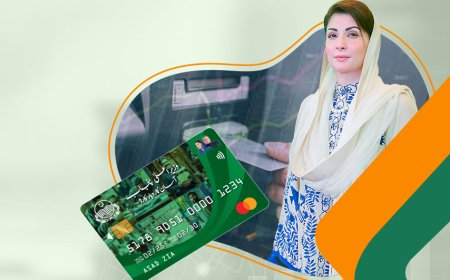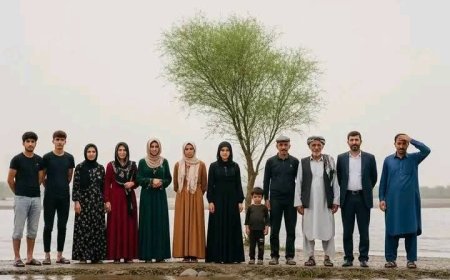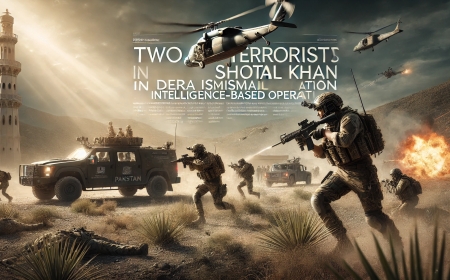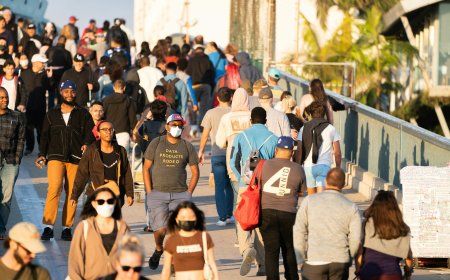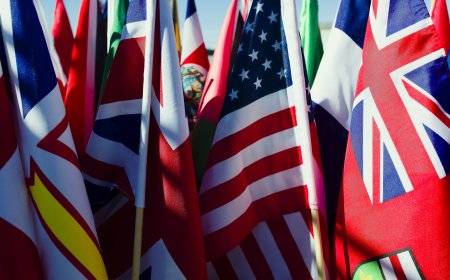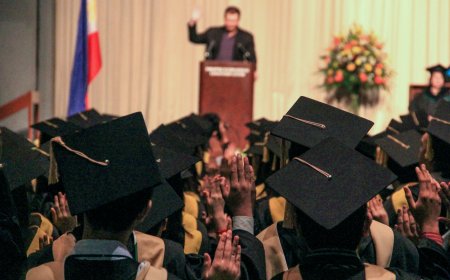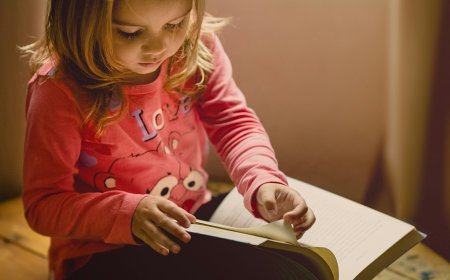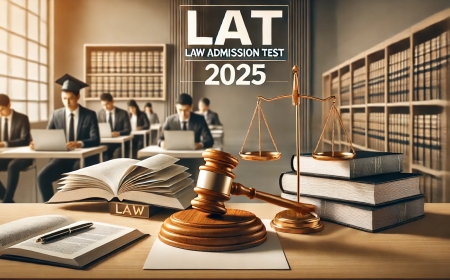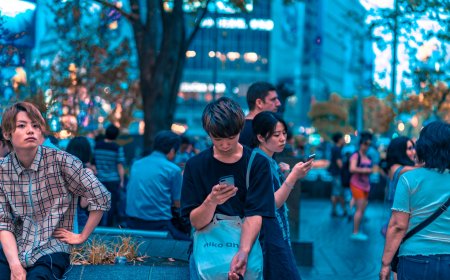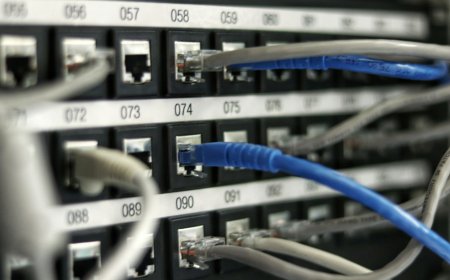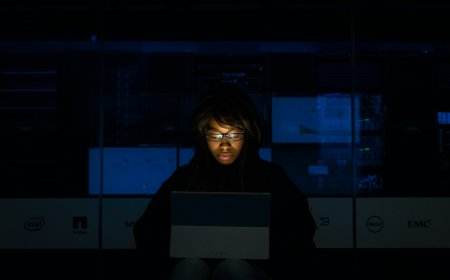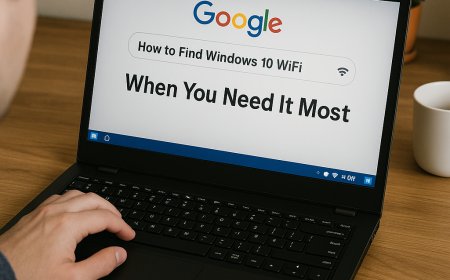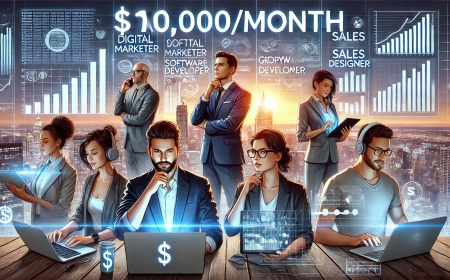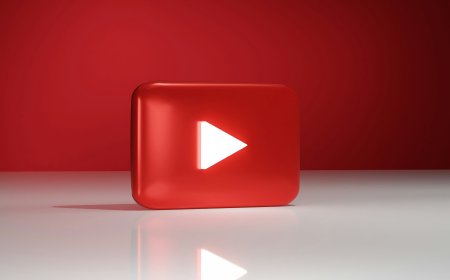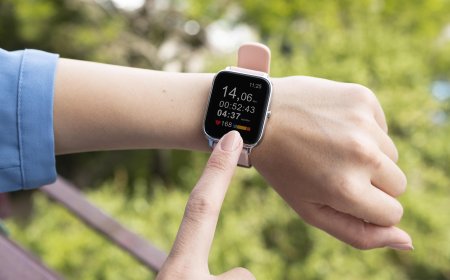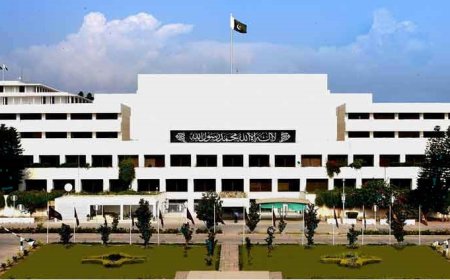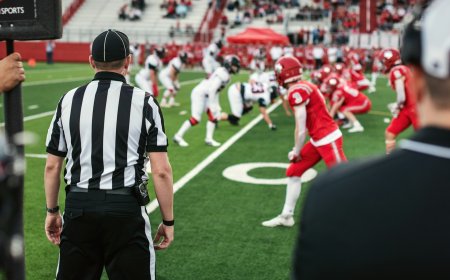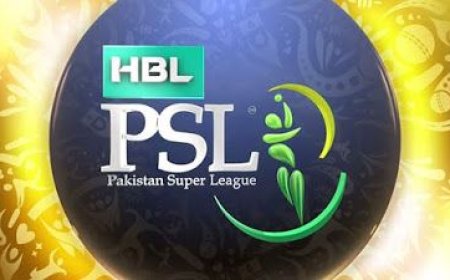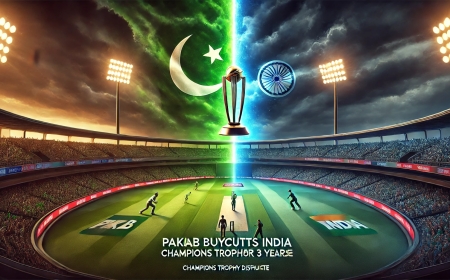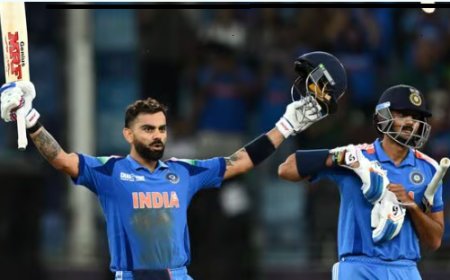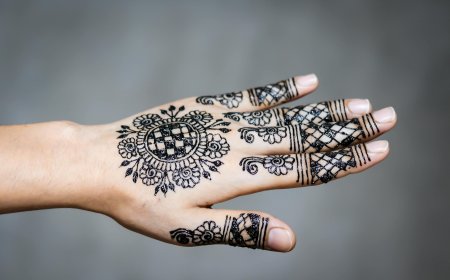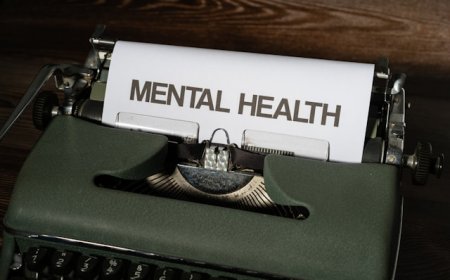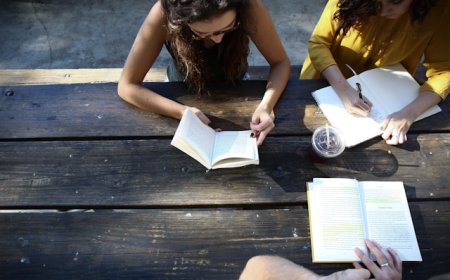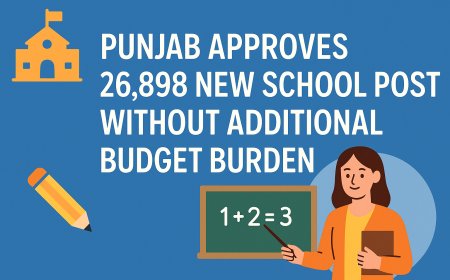Digital Literacy vs Traditional Literacy in 2025 – What Matters More?
Explore the importance of digital literacy vs traditional literacy in 2025. Understand which skill is more essential for success in the modern world.
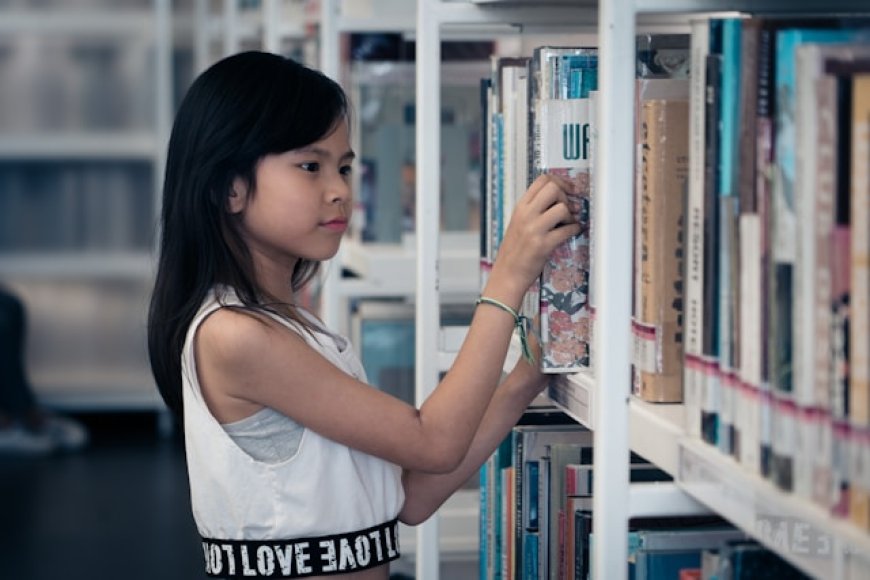
Traditional literacy is basically the ability to read, write, and comprehend written language. It has been the source of education and communication for centuries. It empowers individuals to write effectively and understand societal rules. Digital literacy, on the other hand, contain a range of skills necessary to navigate digital environments. It includes the ability to use devices such as smartphones and computers. It provides understanding of digital platforms and evaluate online content.
In 2025, digital technology is embedded in everyday life. Education, healthcare, commerce and government services are facilitated by digital tools. Now the world is experiencing a digital-first approach. Modern education heavily rely on digital elements. Virtual classrooms and online learning platforms have become standard. The digital literacy is not optional rather it is fundamental.
Employers now hire those candidates who possess strong digital skills. Jobs across all sectors require knowledge of digital tools. Proficiency in communication platforms and data analysis tools is essential. Cybersecurity awareness and the ability to detect misinformation have become vital. Social media platforms like emails, instant messaging and digital storytelling are dominating. The ability to critically evaluate online information and avoid digital scams is now crucial.
Traditional literacy remains indispensable despite the digital revolution. Digital interaction still rely on language and comprehension. One must be able to read and communicate clearly. It is clear from the facts that traditional literacy is the gateway to digital literacy. For instance, using an online research database requires reading, evaluation and synthesizing information.
Traditional litracy includes the reading of books, newspapers and essays. It enhances deep thinking, reflection and sustained attention. These skills are crucial in a world overwhelmed by rapid digital content. Literature, history, philosophy and arts are largely documented in traditional forms. It allows individuals to connect with past knowledge and apply it in a modern context. Digital and traditional literacies are two sides of the same coin. Rather than debating which is more important, the focus should be on fostering a society where both are accessible.
What's Your Reaction?
 Like
8
Like
8
 Dislike
0
Dislike
0
 Love
0
Love
0
 Funny
0
Funny
0
 Angry
0
Angry
0
 Sad
0
Sad
0
 Wow
1
Wow
1




